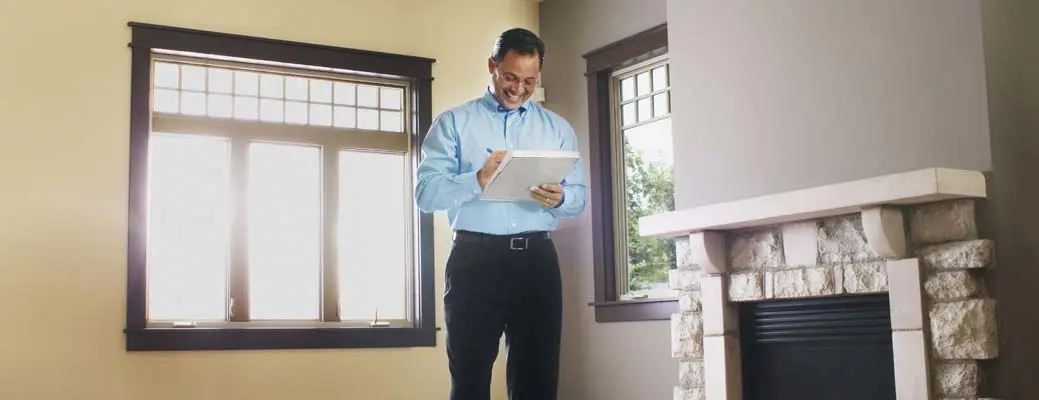Ask the Agent: Do I Need Multiple Insurance Policies for Multiple Properties?


Whether you own rental properties or a vacation home, you’re responsible for multiple properties. Do you need insurance for each location? And how do you know that you have the right amount of coverage? One easy way to be sure is to schedule a SuperCheck® with your Farm Bureau agent to discuss your coverage needs. We understand you may have a few questions before you meet with your agent, so we’ve compiled answers to the most frequently asked questions here.
A. When you own at least one property, you definitely want to be confident that your insurance coverage is keeping up. If you own a vacation home or a rental home, you’ll want a policy that covers the second home -- but before buying a second policy, check with your agent: It could be added to your existing homeowner’s policy. Have a conversation with your Farm Bureau agent about extending coverage to a secondary residence. (If the property is a rental property owned by an LLC or shelter corporation, you may need to consider a separate policy.)
A. One policy means one premium, which simplifies things. Depending on the policy, you could save money having one policy that covers multiple properties. You could save on deductibles if your properties have damage during the same event. For example, if hail hits three houses you own on the same street (and all three are on the same policy) with Farm Bureau Member’s Choice, you will pay only one deductible instead of three individual deductibles. This can be a huge cost-saving for the homeowner if a storm hits and there is damage to fix!
A. Your homeowner’s policy is designed to cover your primary home in Iowa, but you can still extend liability coverage to your property in another state (even outside the Farm Bureau coverage area) to cover against damages someone may incur while on your property. Talk to your Farm Bureau agent to discuss the specific details of your policy.
A. Farm Bureau is able to provide coverage for a secondary home without insuring the primary and it will tailor the liability coverage to dovetail with your primary homeowners insurance. Contact a Farm Bureau Financial Services agent near your lake home and inquire about the best way to cover it.
A. Talk to your Farm Bureau agent. Depending on your situation, you may be able to write this in under your homeowner’s policy coverage, so a separate auto policy may not be necessary. While you’re there, ask your agent about covering docks and hoists, too. It’s likely that one policy could cover it all!
A. It may seem counter-intuitive, but it’s almost more important to cover your property when you’re not there. Think about it this way – if your pipes burst or you have storm damage at your vacation home while you are at your primary residence, you don’t want to lose everything in your vacation home that you have worked hard for. You have insurance coverage to protect against the unexpected, and to pay for repairs when you’re not there. We always recommend that you have continuous coverage for all properties you own year-round.
A. An ounce of prevention is always the best method: Before you leave for an extended period of time, be sure to set the thermostat to maintain proper temperatures (heat in the winter and cool in the summer) to prevent pipes from freezing or bursting. Have someone you trust check on the property periodically to monitor for plumbing issues or storm damage. And consider talking to your Farm Bureau agent about Residential Equipment Breakdown coverage. This optional coverage can be added to your homeowner’s policy to protect against damages incurred by power surges and other problems you may have with your electrical appliances. (Keep in mind, this is designed to protect against damage, not normal wear on your appliances.)
Having a vacation home or rental property shouldn’t mean added worry or stress. Contact your Farm Bureau agent to do a SuperCheck, and rest assured knowing you are covered.